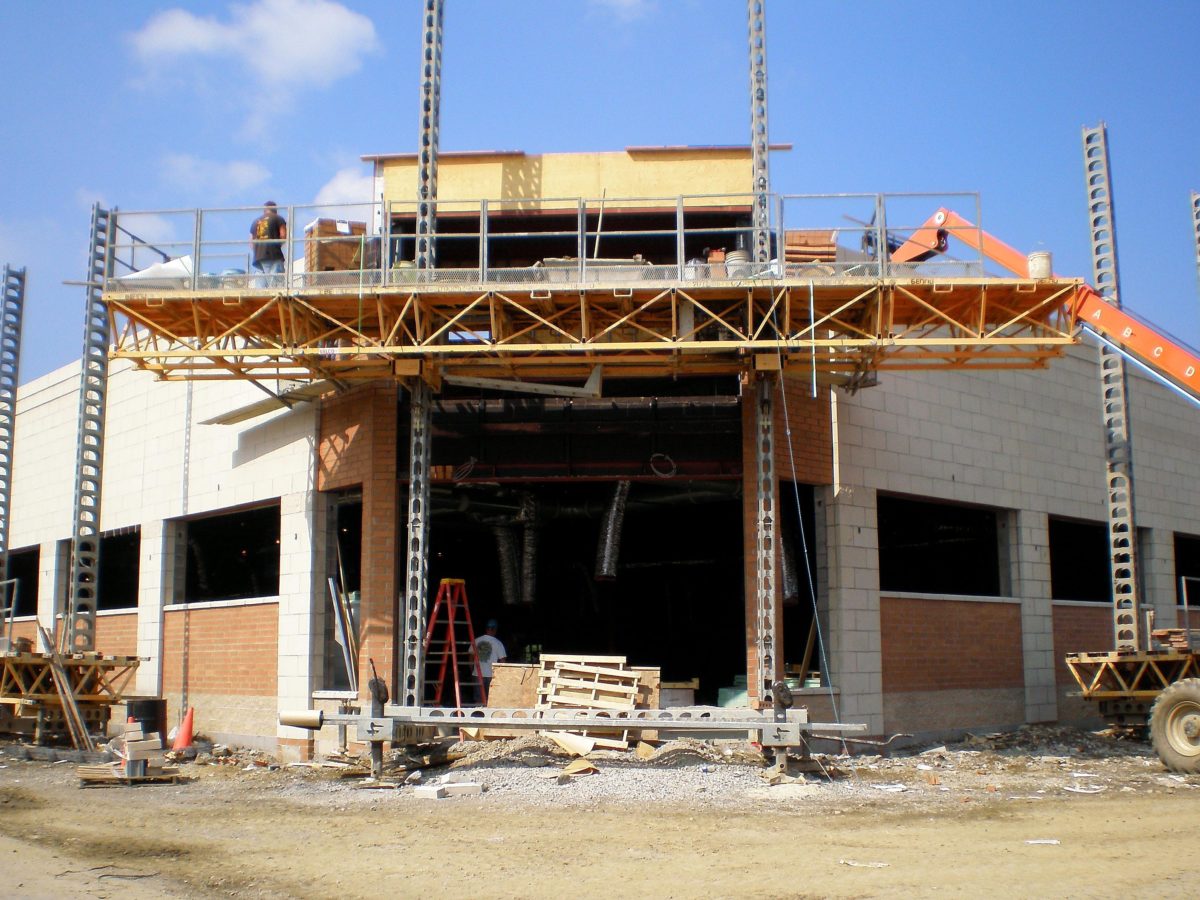The Moment of Realization: When The Government Delays Payment
You finally won that big public contract after months (or years) of committing your company to the lengthy government proposal process. After scrutinizing over evaluation factors, you nailed the technical approach, management plan and safety and health plan and even came in under budget. You planned for issues that often arise once you’ve been awarded the work (such as subcontractor issues or customer “scope creep”), but did you factor in the very likely possibility that your invoices are not being paid? Now that you have months of invoices piling up, what can you do about it?
…While each scenario will vary, a filed subcontractor can make a demand for direct payment to the awarding authority, or could even potentially bring a lawsuit against the general contractor, if certain criteria are met..
If you are a contractor, or a subcontractor, it is important to know your rights when working on a project. In a private construction contract, the contractor can generally record a Notice of Contract and Statement of Account with the Registry of Deeds in order to place a Mechanic’s Lien on the property to ensure payment for services rendered. Additionally, in order to further protect their rights and ensure payment for completed services and work, lower tier subcontractors can file a Notice of Identification with the General Contractor, with whom they have no direct contractual relationship. For more on Mechanic’s Liens, see Attorney Robert Pellegrini’s article on the subject.
Recently, when a client came to us regarding a public project, with which they were involved, and asked us to begin collection, the contractor was surprised to find out that the regular course of legal action did not apply as the project was public, not private. Pursuant to Massachusetts General Laws Chapter 254, Section 6, “[n]o lien shall attach to any land, building or structure thereon owned by the commonwealth, or by a county, city, town, water or fire district.” This means that if you are a contractor, or sub-contractor, no mechanics’ lien can be placed on public land, buildings, structures, etc. Additionally, the Massachusetts Prompt Pay Act, only applies to private contracts, and specifically states that it applies to contracts “…for which a lien may be established under sections 2 or 4 of chapter 254…”, which to reiterate, cannot be placed on public land. Not to fear though, there are some other options to ensure payment. For instance, while each scenario will vary, a filed subcontractor can make a demand for direct payment to the awarding authority, or could even potentially bring a lawsuit against the general contractor, if certain criteria are met, such as a specific amount of time between the completion of work and demand for payment.
Accordingly, although there are different means of recouping funds for work done on a public project than there are for a private construction contract, your interests can still be protected. If you’re working on a public construction project, or are thinking of entering into an agreement for a public construction project, contact a qualified attorney at PK Boston to discuss your rights and adequately prepare for the very real possibility of dealing with outstanding invoices.

